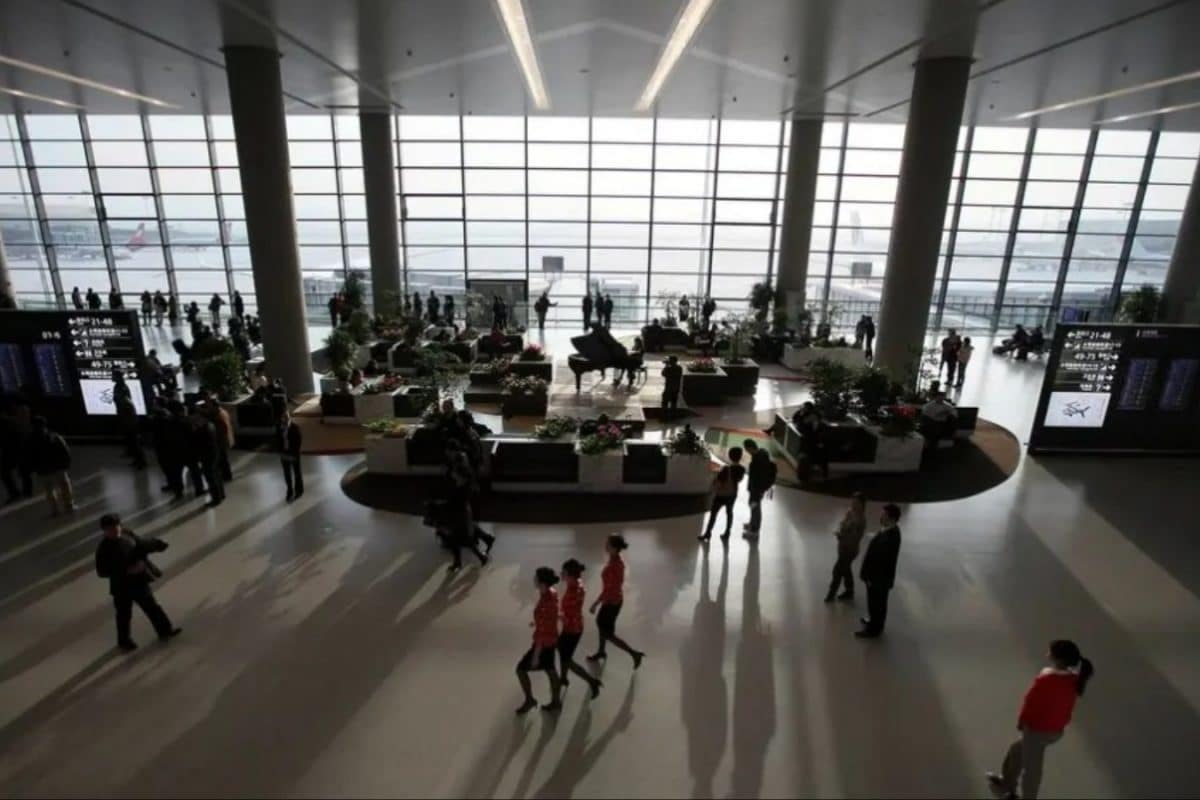

India is set to resume issuing tourist visas to Chinese nationals starting July 24, 2025, marking the end of a five-year hiatus. This decision, announced by the Indian Embassy in China on Wednesday, signals a potential thaw in relations between the two countries, which have been strained since the Galwan Valley clash in 2020.
The resumption of tourist visas is seen as a step towards repairing the strained ties between India and China. The relationship took a turn for the worse following the 2020 Galwan Valley clash, leading to restrictions on Chinese investments and the banning of numerous Chinese apps by India. China, in turn, suspended visas for Indian citizens and other foreigners, citing the COVID-19 pandemic. While China lifted those restrictions in 2022, allowing the return of students and business travelers, tourist visas for Indian nationals remained restricted until March 2025.
The Indian Embassy in China has released instructions for Chinese citizens on how to apply for a tourist visa. According to a post on Weibo, applicants must first complete the online visa application form, print it, and then schedule an appointment. They will then need to submit the application form, along with their passport and other necessary documents, at the Indian Visa Application Center.
This move follows other signs of improving relations between the two countries. In January 2025, India and China resumed direct commercial flights between Beijing and New Delhi. Earlier in the year, both countries announced a breakthrough in their relationship after withdrawing troops from Depsang and Demchok, resolving the last two points of contention in eastern Ladakh and ending a four-year freeze in relations.
Despite these positive developments, challenges remain. India and China share a 3,800 km border that has been disputed since the 1950s. In 1962, the two countries engaged in a brief but intense border war, and negotiations to resolve the dispute have progressed slowly. In July 2025, India's foreign minister emphasized the need for both countries to resolve border friction, withdraw troops, and avoid "restrictive trade measures" to normalize their relationship during talks with China's Foreign Minister Wang Yi.